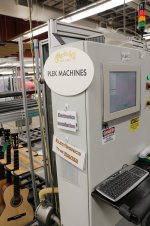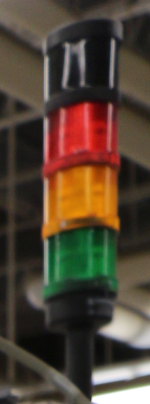3bolt79
Moderator
- Joined
- Jun 28, 2024
- Messages
- 787
- Reaction score
- 1,539
My level and crown and polish jobs are better, if I may say so myself. For the same $200 or less most times, I will do everything by hand, spending multiple hours spending sometimes up to a week between that and the set up. I've never done it all in one day, that's for sure, and I usually wind up with a Popeye arm by the time I'm done.Musical instruments aren't merely scientific devices that make noise. They're devices that allow artists to make music. A computer might be able to guide a cutting surface with extreme precision, they just won't be able to interpret the results in human scale.
Hopefully competent luthiers and reasonably skilled techs assist in programming the plek device. But there isn't any guarantee of that.
And in 30 years in music both orchestral and ...not...I never met a luthier that relied on visuals to determine the quality of their work...
they rely on feel and sound.
This includes the nut and the saddles if there are any burrs. Pickup height adjustments, etc. I also polish out any high spots at the edges of the inlays. I go through the whole guitar, tightening every fastener, remove swirls in the paint, everything. My frets are smoother and better polished than any Plek job as I go up to 5000 gr Micromesh and then finish with mild paste polish by hand. And I usually just charge $150 plus any extra materials if needed.
This for me is a labor of love. It's not gainful for the hours I put in vs the pay I get. And my friends just get it for even less, because you know, beer.
Last edited:

